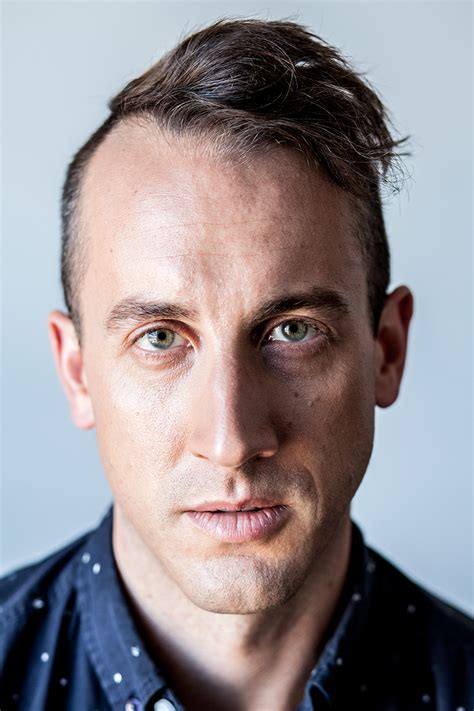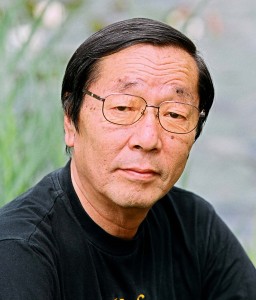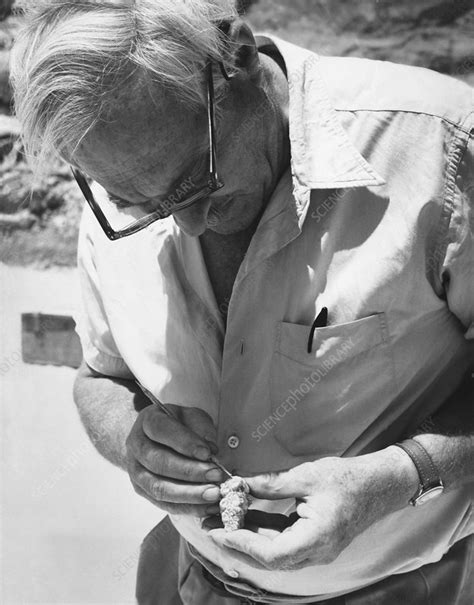A Quote by Caroline Myss
One atom is as purposeful as our planet. What is in one is in the whole.
Quote Topics
Related Quotes
All the green in the planted world consists of these whole, rounded chloroplasts wending their ways in water. If you analyze a molecule of chlorophyll itself, what you get is one hundred thirty-six atoms of hydrogen, carbon, oxygen, and nitrogen arranged in an exact and complex relationship around a central ring. At the ring's center is a single atom of magnesium. Now: If you remove the atom of magnesium and in its exact place put an atom of iron, you get a molecule of hemoglobin. The iron atom combines with all the other atoms to make red blood, the streaming red dots in the goldfish's tail.
The likelihood of the formation of life from inanimate matter is 1 to a number with 40,000 noughts after it (1040,000).... It is big enough to bury Darwin and the whole theory of evolution. There was no primeval soup, neither on this planet nor any other, and if the beginnings of life were not random, they must therefore have been the product of purposeful intelligence.
I'm interested in anything that deals with our planet, in our planet, outside our planet, the universe, universes, galactic, dimensional, subterranean. That's deep stuff that everybody needs to focus on: What is your niche on this planet? Why are we here? Why are there roaches and water-bugs and all that type of stuff?
Every atom is trying to go and join itself to the next atom. Atoms after atoms combine, making huge balls, the earths, the suns, the moons, the stars, the planets. They in their turn, are trying to rush towards each other, and at last, we know that the whole universe, mental and material, will be fused into one.
Idealism sees the world in God. It beholds the whole circle of persons and things, of actions and events, of country and religion,not as painfully accumulated, atom after atom, act after act, in an aged creeping Past, but as one vast picture, which God paints on the instant eternity, for the contemplation of the soul.
Is civilization progress? The challenge, I think, is clear; and, as clearly, the final answer will be given not by our amassing of knowledge, or by the discoveries of our science, or by the speed of our aircraft, but by the effect of our civilized activities as a whole have upon the quality of our planet's life-the life of plants and animals as that of men.
It sometimes strikes me that the whole of science is a piece of impudence; that nature can afford to ignore our impertinent interference. If our monkey mischief should ever reach the point of blowing up the earth by decomposing an atom, and even annihilated the sun himself, I cannot really suppose that the universe would turn a hair.



































